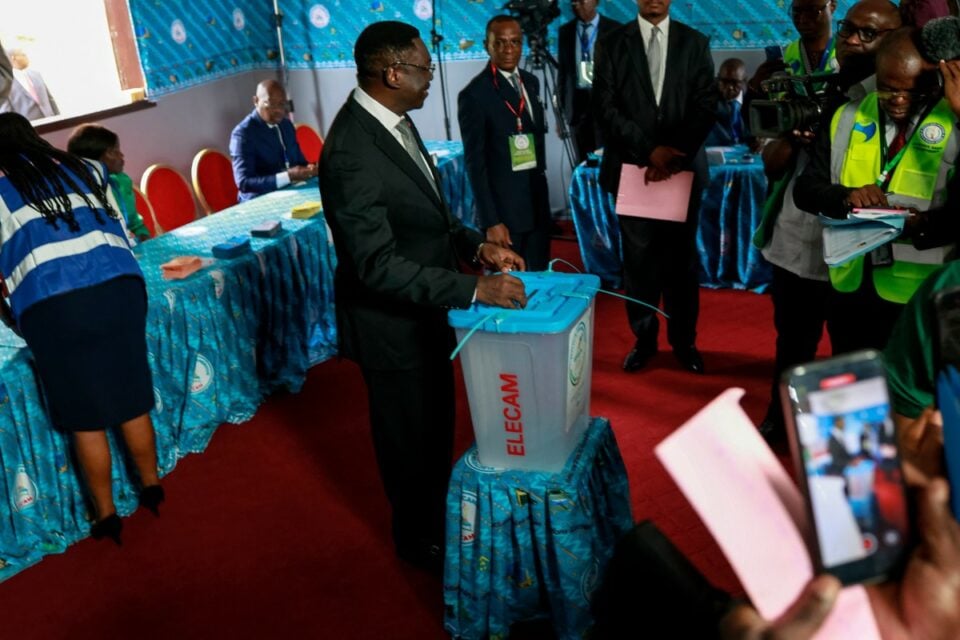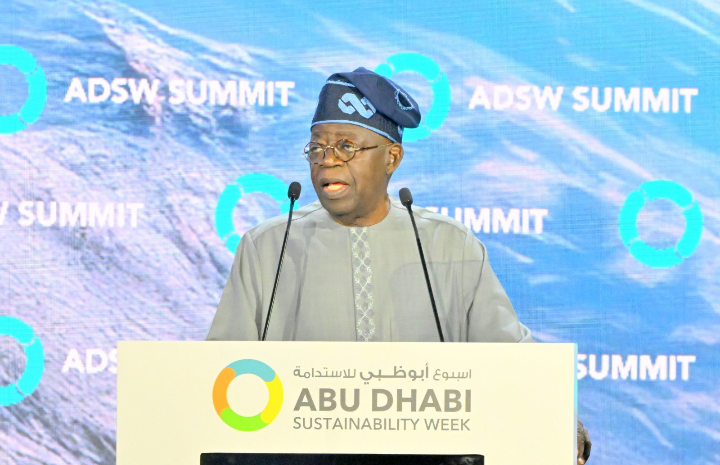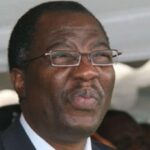Africa’s Longest-Serving Head of State Poised for Re-Election as Cameroon Votes

Voting commenced across Cameroon on Sunday in a presidential contest widely anticipated to cement the rule of 92-year-old Paul Biya, the globe’s most elderly sitting head of state.
A victory is expected to extend his already remarkable 43-year tenure at the helm of the Central African nation.
Polls opened at 8:00 a.m. local time and are scheduled to close at 6:00 p.m. (0700 to 1700 GMT), allowing approximately eight million registered citizens to cast ballots in the one-round election.
For the vast majority of these voters, life has unfolded under the stewardship of a single president.
President Biya, who assumed power in 1982, faces a field of 11 challengers. He has consistently secured landslide victories in the last two decades, frequently taking over 70% of the vote in previous polls.
Among the opposition figures is Issa Tchiroma Bakary, 79, a former employment minister, whose campaign has generated an unexpected level of popular enthusiasm.
His challenge is particularly notable in a country where the population is strikingly young, with half its citizens below the age of 20, many of whom are seeking a break from the political status quo.
The single-round format means the candidate with the highest number of votes, regardless of a majority, will secure the presidency, paving the way for the veteran leader to potentially secure another seven-year term.
Observers are closely watching the process for signs of political shift amid widespread public desire for change in the historically stable yet deeply challenged nation.
However, the election is taking place against a backdrop of deep political stagnation, rampant youth unemployment, and escalating security crises, most notably the separatist conflict in the Anglophone North-West and South-West regions, and an insurgency spilling over from Nigeria in the Far North. These challenges, coupled with a fractured opposition that saw the disqualification of a former leading challenger, Maurice Kamto, have led many domestic critics to argue that the election is merely a formality intended to legitimize the incumbent’s continued, decades-long grip on power. As a result, observers fear that a controversial result, especially amidst a predicted low turnout due to insecurity and voter disillusionment, could trigger unrest in a country already stressed by internal conflicts and a widespread desire for genuine political change.








